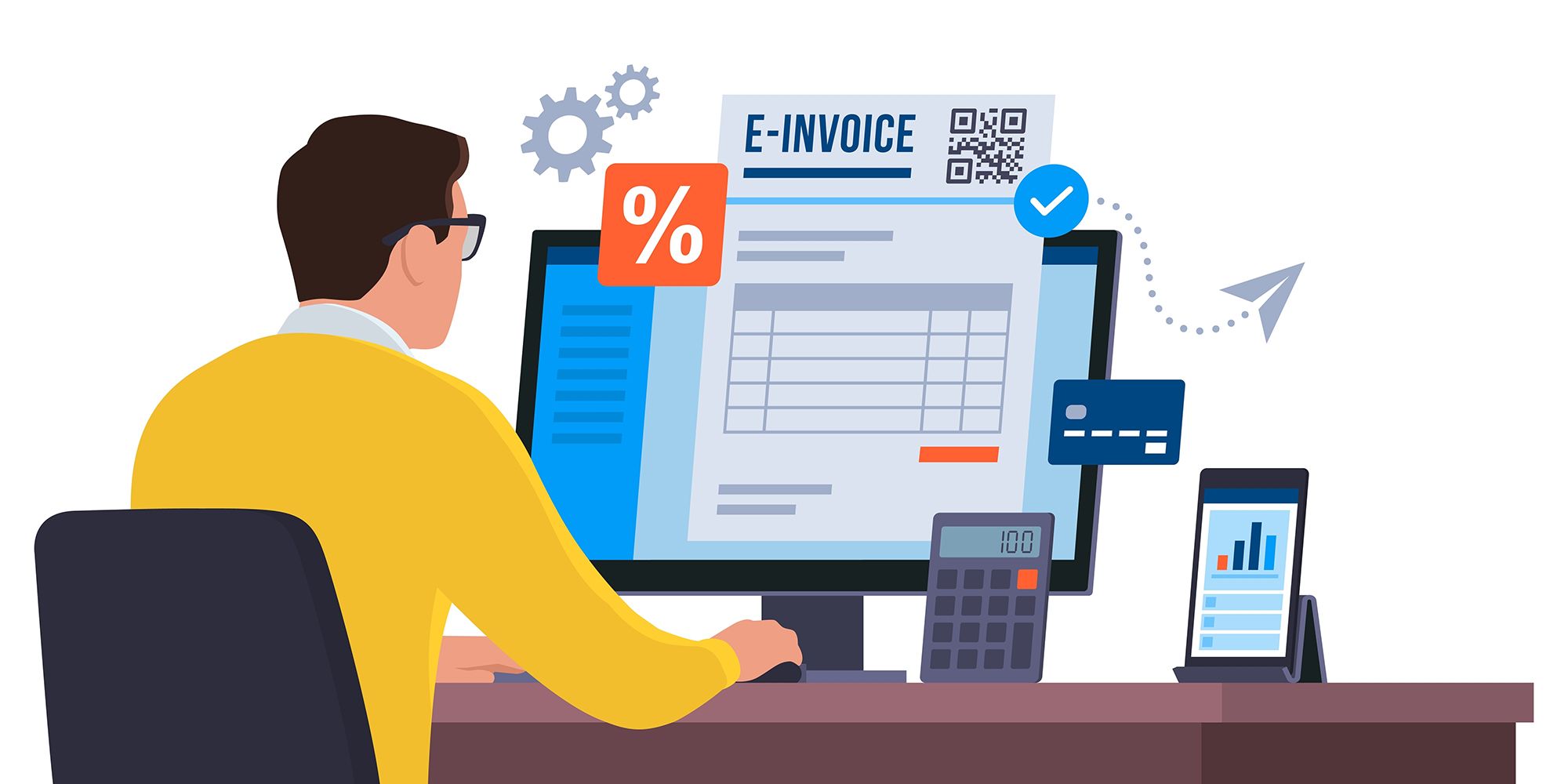Government expands e-invoicing mandate, biz with Rs 5 Cr and more turnover to comply
The mandatory e-invoicing threshold earlier stood at Rs 10 crore but the tax department has lowered it to encompass more businesses into the system. This move holds significance in curbing fraudulent input tax credit claims.
Starting August 1, 2023, e-invoicing will become a mandatory requirement for businesses with an aggregate turnover of Rs 5 crore or more, as per the Goods and Services Tax (GST) regulations. The announcement was made by the Central Board of Indirect Taxes and Customs and mandated businesses to generate e-invoices for B2B supply of goods and services, including exports, in the preceding financial year.
The decision aims to enhance GST collections and improve compliance, addressing areas of concern for tax authorities. Under the e-invoicing system, businesses registered under GST must upload all B2B and export invoices to the Invoice Registration Portal (IRP). Subsequently, the IRP issues a unique Invoice Reference Number to each entity, which is then transferred to the GST portal. This process facilitates the matching of invoices between buyers and sellers, effectively reducing errors and duplication.
Earlier, the mandatory e-invoicing threshold stood at Rs 10 crore but the tax department has gradually decreased it to encompass more businesses into the system. This move holds significance in curbing fraudulent input tax credits claims, a practice often seen among exporters who attempt to claim credits without paying GST.
Rahul Renavikar, Managing Director of Acuris Advisors Pvt Ltd—a multi-disciplinary business advisory company with expertise in government schemes, welcomed the decision, telling SMBStory that it would help prevent the misuse of input tax credits by exporters.
The history of e-invoicing in the GST system dates back to the 35th meeting of the GST Council in June 2019 when it recommended the introduction of electronic invoices on a voluntary basis for B2B transactions from January 2020. However, the pandemic delayed the implementation and the dates were subsequently extended to October 2020, with the threshold for mandatory e-invoicing set at Rs 500 crore for registered persons. The provisions became applicable from January 1, 2021 for taxpayers with annual aggregate turnover above Rs 100 crore.
28% tax on real money online gaming will erode $2.5B of investment: Investors to PM
The e-invoicing system allows taxpayers to continue generating GST invoices on their own accounting/billing/ERP systems. These invoices are then reported to the 'Invoice Registration Portal (IRP)' in a standard format, following which the IRP generates a unique 'Invoice Reference Number (IRN)' and digitally signs the invoice. A QR code is also generated containing the unique IRN and other key particulars, which must be printed on the invoice issued to the buyer. This QR code enables offline verification to ascertain whether the e-invoice has been reported on the IRP and whether the digital signature remains intact.
Srivatsan Sridhar, Founder and CEO of Skydo, a cross-border payments platform, explained that e-invoicing implementation intends to tackle tax evasion and enable real-time invoice matching between clients and vendors. This approach will promote transparency and enhance compliance, modernising the tax collection system and broadening the GST base, he noted.
While e-invoicing offers various benefits such as real-time validation and matching of invoices, it also presents challenges and disadvantages.
Sridhar pointed out that small businesses might face initial setup costs, including investments in hardware, technology, software, and training. Additionally, the transmission and storage of sensitive financial data may expose businesses to cyber threats and hacking attempts.
Renavikar added that the implementation of Application Programming Interfaces (APIs) incurs some cost, depending on the number of invoices a business handles. However, this burden is offset by the streamlined process, saving business owners significant time as they no longer have to struggle with separate monthly listings.
SMBStory also approached micro-enterprises that now fall within the e-invoicing criterion. However, these businesses said they needed more time to comprehend the e-invoicing system.
Edited by Kanishk Singh







![[Weekly funding roundup April 20-26] VC investment dips as startups resort to debt capital](https://images.yourstory.com/cs/2/220356402d6d11e9aa979329348d4c3e/funding-lead-image-1669386008401.jpg)


